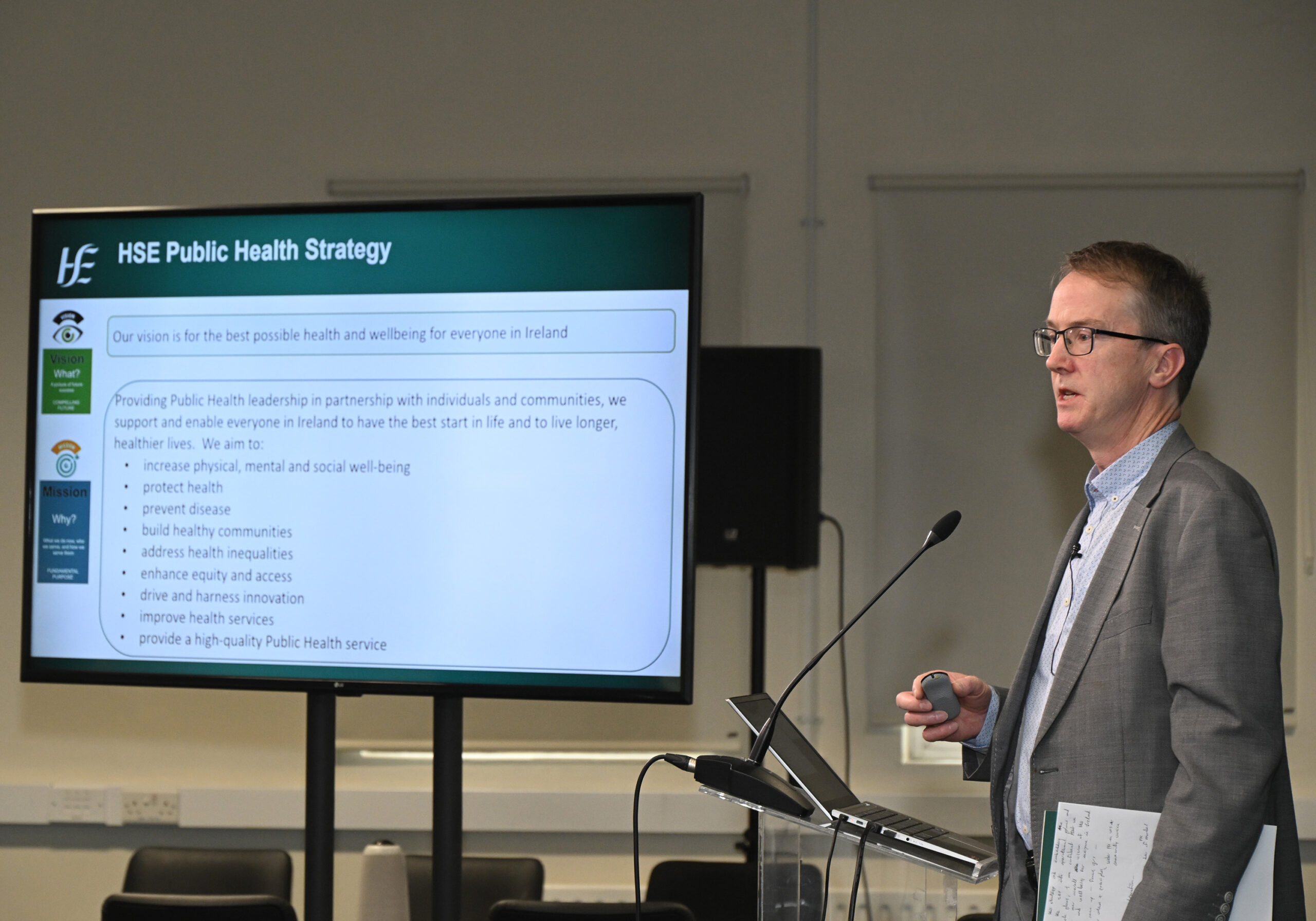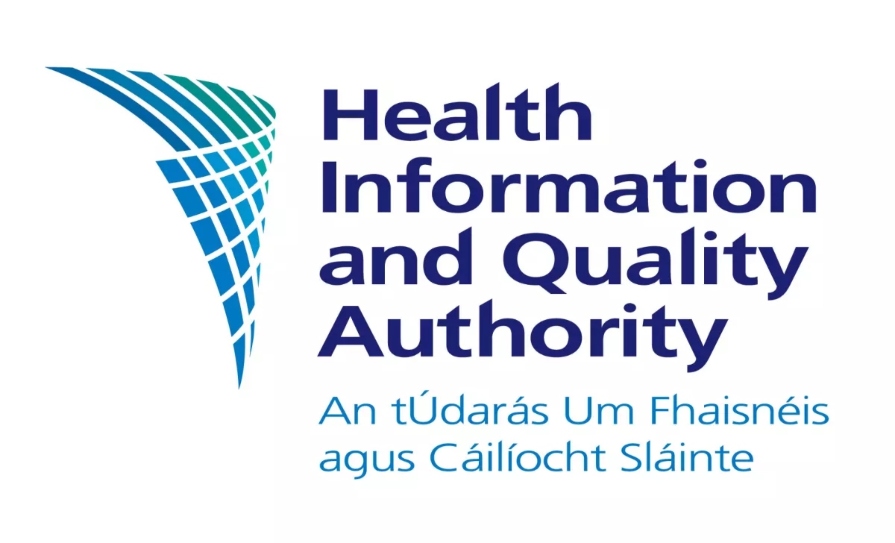The IMO has said that further examination into hospital productivity is needed in order to understand the factors influencing productivity and the measures required to improve the situation.
The IMO was responding to the publication today (11 July) by the Department of Health of health service productivity data and insights (available here – https://www.gov.ie/en/collection/e22bb-productivity-and-savings-taskforce-indicator-dashboards/ ).
Prof Matthew Sadlier, Chair of the consultants’ committee of the IMO, said: “While we welcome the publication of this productivity data today, it is important to note that the kind of blanket approach of comparing hospital sites is of little value in terms of understanding what is happening at individual hospital level.
“There are multiple factors that could be influencing this trend and which have not been addressed in this report, such as consultant access to clinics, level of MDT supports across all sites; patient treatment complexity and case mix; urgent versus non-urgent care; and access to diagnostics, beds and theatres which may mean that patients are making repeat visits to manage their conditions while awaiting inpatient care.”
The IMO noted correspondence from the HSE in June 2024 which acknowledges that key factors affecting productivity are not considered in the data. It said that “there are a number of reasons why there will be variances [in productivity] between hospitals, within clinical specialties”. These include the delivery of care through multidisciplinary teams; different types of consultant outpatient work; and greater inpatient demands.
Prof Sadlier said that it was in everyone’s best interests to see productivity improve. “The IMO has repeatedly called for the introduction of measures that will enable consultants to see more patients. The trend identified in this report needs further analysis so that all the factors at play are understood and appropriate supports put in place. Blaming consultants is not the solution.”
He added that the IMO was increasingly concerned about waiting list numbers and the lack of capacity in the system.
“Our chronic shortage of bed capacity and the ongoing recruitment freeze have resulted in ever-lengthening waiting list numbers which in many cases are resulting in poor patient outcomes. A properly resourced and funded plan is urgently needed to ensure our system can deal with both urgent and non-urgent care and any investigation into hospital productivity needs to take all factors into account.”













Leave a Reply
You must be logged in to post a comment.